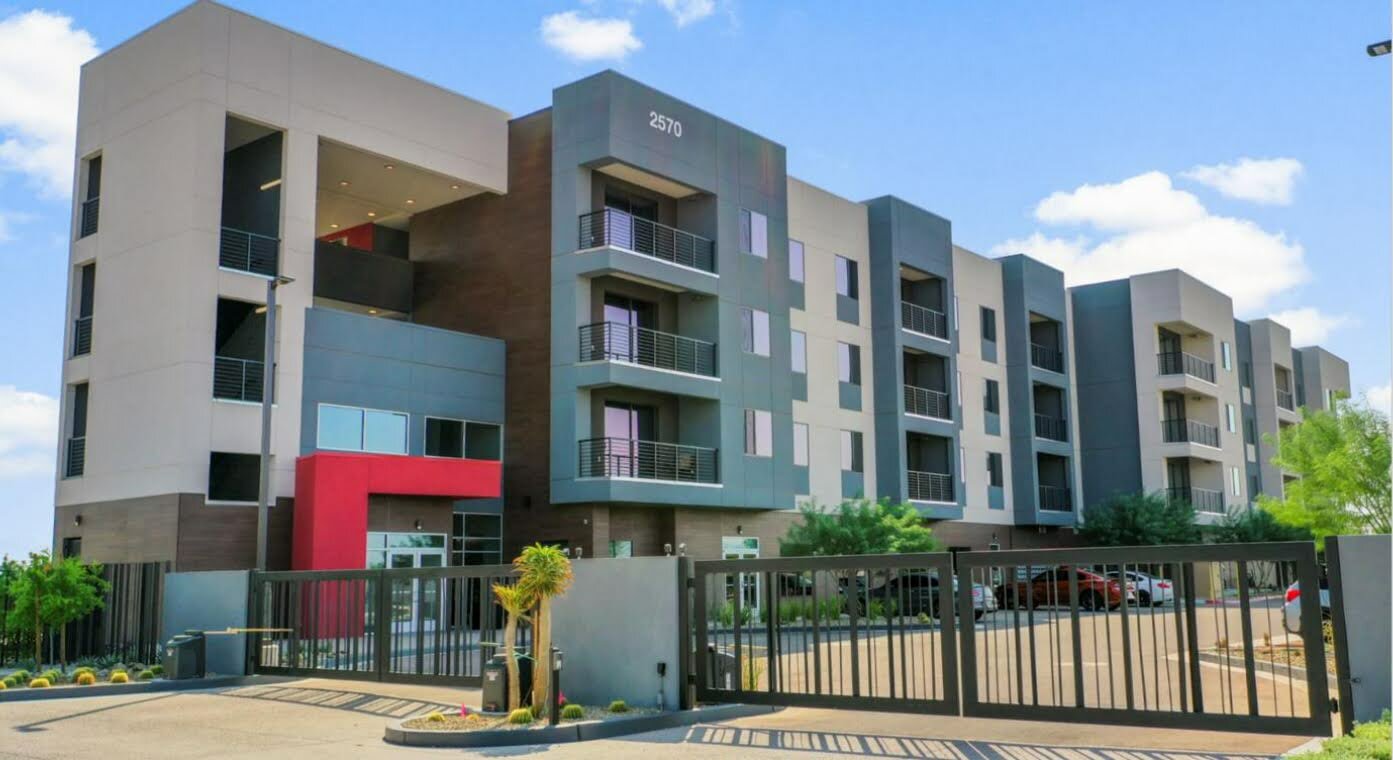For the first time in the United States, a recovery hospital built exclusively for survivors of child and young adult trafficking is under development with real-time digital safety woven into care.
In an effort to address the growing national crisis of human trafficking, Cyber Dive, a technology company transforming how families and recovery professionals protect and support youth in the digital age, is expanding its years-long partnership with Where Hope Lives, a nationally recognized nonprofit under City Help Inc. of Phoenix (Phoenix Dream Center) that provides residential care and therapeutic services to sex trafficking survivors.
“It’s about growing our footprint and centralizing our care,” stated Brian D. Steele, CEO of City Help, in a press release. “My wife, Skye, and I have dedicated our lives to this work, walking with survivors through their hardest moments, and we’ve seen how much healing is possible with the right care. This hospital isn’t just a facility. Our hope is that it becomes the gold standard for every center in the country fighting to restore what trafficking tried to steal.”
Planned on nine acres of develop-ready land in northern Glendale, the state-of-the-art facility is in the funding phase and will provide 170 beds, including 120 for youth in intensive behavioral health recovery and 50 for survivors with serious physical injuries or chronic conditions.
The center will pair trauma-informed clinical care with real-time digital safety tools designed for long-term healing. Staff can monitor all digital activity, across residents’ Aqua One smart TVs, laptops, and smartphones, through one unified dashboard, part of Cyber Dive’s fully integrated Aqua X ecosystem.
“We’re creating a turning point in how recovery is delivered and understood,” stated Jeff Gottfurcht, co-founder and CEO of Cyber Dive. “This recovery campus sets a new precedent: a space where healing from trauma includes healing your relationship with technology. For the survivors who will walk through its doors, and for every organization watching for what’s possible, we’re raising the bar..”
The project is in the active funding stage with a total projected cost of $60 million. The organization already secured its initial $7.5 million annual operating budget through a sustainable mix of public funding, insurance reimbursement and philanthropic support.
Funds raised will be used for facility development and phased construction, technology integration and deployment, clinical staffing and long-term sustainability planning.
Preliminary design work, site layout, and care model planning are complete. Once capital milestones are met, construction will begin in phased stages.
Where Hope Lives has already served more than 5,900 survivors. Cyber Dive’s Aqua X, an adaptation of its Aqua One smartphone, is built for trauma-informed environments and will be embedded within the recovery model. It gives recovery staff visibility into online activity, supporting early intervention, healthy boundaries and digital healing.
“Every piece of data we gather tells a story—and when we listen closely, we can step in before someone slips,” stated Derek Jackson, COO and co-founder of Cyber Dive. “We’re not just changing recovery—we’re changing how we show up for the people living it.”
To learn about Cyber Dive, visit cyberdive.co. To learn about Where Hope Lives, visit wherehopelives.org.
Keywords
human trafficking survivors,
Cyber Dive,
Where Hope Lives,
Brian D. Steele,
Phoenix Dream Center
